Search Results
Showing results 61 to 80 of 131

Tactile Double Trouble
Source Institutions
In this activity (11th activity on the page), learners use their sense of touch to identify matching pairs of objects hidden in bags. Learners can also play this game with partners.
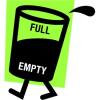
Half Full or Half Empty
Source Institutions
In this activity (12th activity on the page), learners conduct an experiment to demonstrate how muscles are constantly feeding information to the brain about what they are doing.
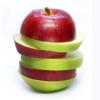
The Nose Knows
Source Institutions
In this activity (2nd activity on the page), learners explore how the nose is responsible for part of the flavor we taste in food.
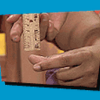
Reaction Time
Source Institutions
In this activity, learners conduct an experiment to test how fast they can react. Learners try to catch a piece of paper with a ruler printed on it (or a ruler) as quickly as they can.

Cover Up!
Source Institutions
Learners test their memory and ability to learn memory strategies in this game. Partners start with an array of poker chips, coins, or paper squares on the table.
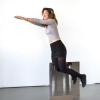
Anti-Gravity Mirror
Source Institutions
In this demonstration, amaze learners by performing simple tricks using mirrors. These tricks take advantage of how a mirror can reflect your right side so it appears to be your left side.
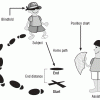
Find Your Way Around Without Visual or Sound Cues
Source Institutions
In this activity, learners play a series of simple games to investigate navigation without visual and sound cues.
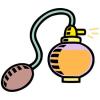
Make Your Own Perfume
Source Institutions
In this activity about olfaction (7th activity on the page), learners use natural ingredients to concoct their own perfume.
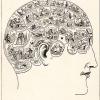
Mapping the Homunculus
Source Institutions
In this activity, learners will explore how the human brain interprets environmental stimuli.
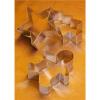
Active Touch
Source Institutions
In this activity (14th activity on the page) about the sense of touch, learners examine if it is easier or harder to identify an object if they move their hands over it.
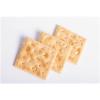
No Saliva, No Taste?
Source Institutions
In this activity (4th activity on the page), learners test to see if saliva is necessary for food to have taste.
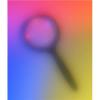
Color Spy
Source Institutions
In this activity (16th on the page), learners play a variation of the "I Spy" game to explore color. Learners work in teams with each team assigned a color.
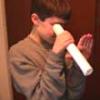
X-Ray Vision?
Source Institutions
In this activity (13th on the page), learners complete a simple illusion trick to see through their own hand.
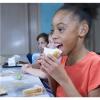
Taste Match Game
Source Institutions
In this activity (3rd activity on the page), learners taste test different foods and categorize them as sweet, bitter, sour, or salty. Learners compare their results with the group.
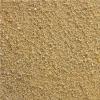
Touch Boards
Source Institutions
Use this activity (13th activity on the page) to introduce learners to the sense of touch. Learners collect objects of varying textures like feathers, rocks, sand, etc.
Balance Challenge
Source Institutions
In this quick activity, learners take a balance challenge to measure their average balance time. As they collect data, they investigate how practice and repetition improve their balance time.
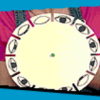
Phenakistascope
Source Institutions
In this optics activity, learners build an animation tool to make mini movies. When you spin a phenakistascope, the pictures move so quickly that your eyes and brain can't separate the images.
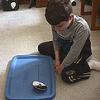
Benham's Disk
Source Institutions
In this activity, learners make a Benham Top to explore visual illusions and optics.
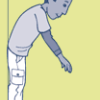
Throw Your Weight Around
Source Institutions
During this activity, learners take part in a variety of tasks which involve moving and balancing different body parts.
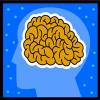
Brain Box (Bag) of Science
Source Institutions
In this neuroscience activity (5th activity on the page), learners explore their sense of touch without using their senses of vision and hearing.
